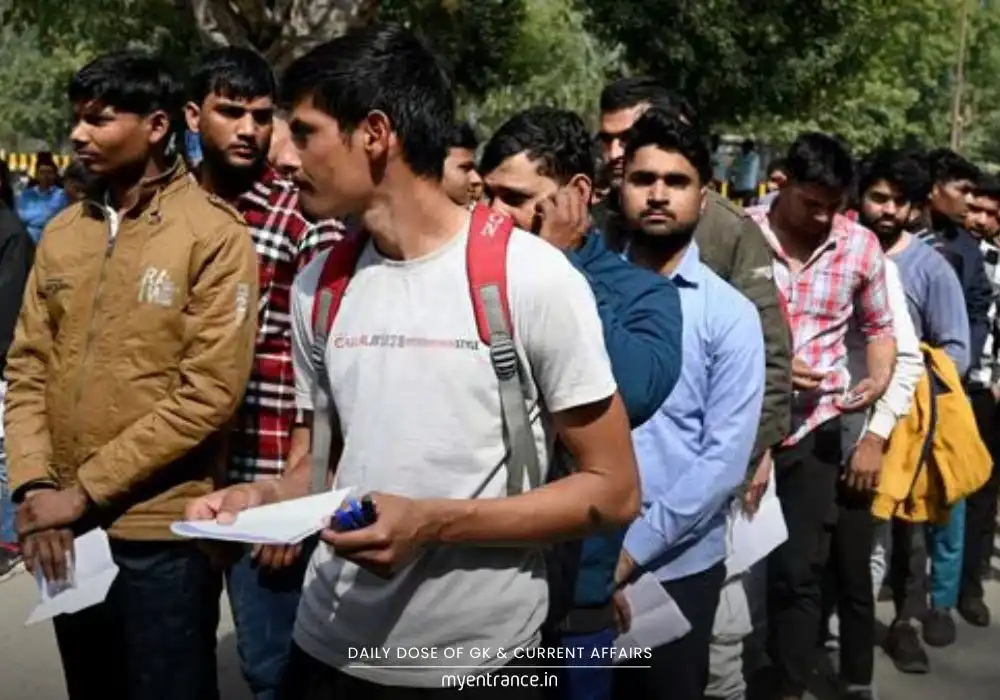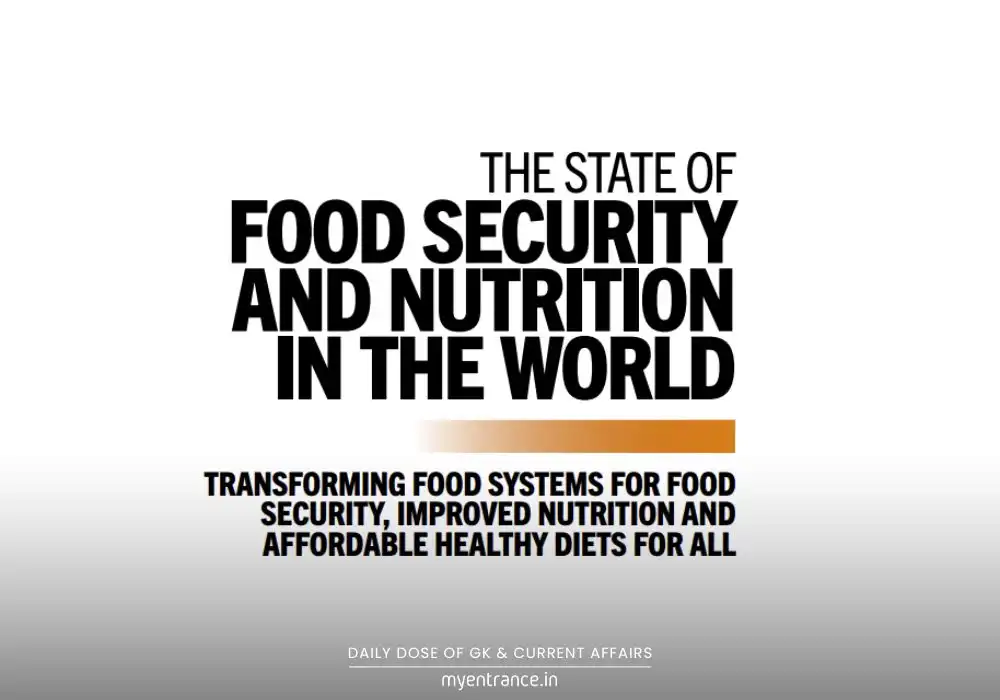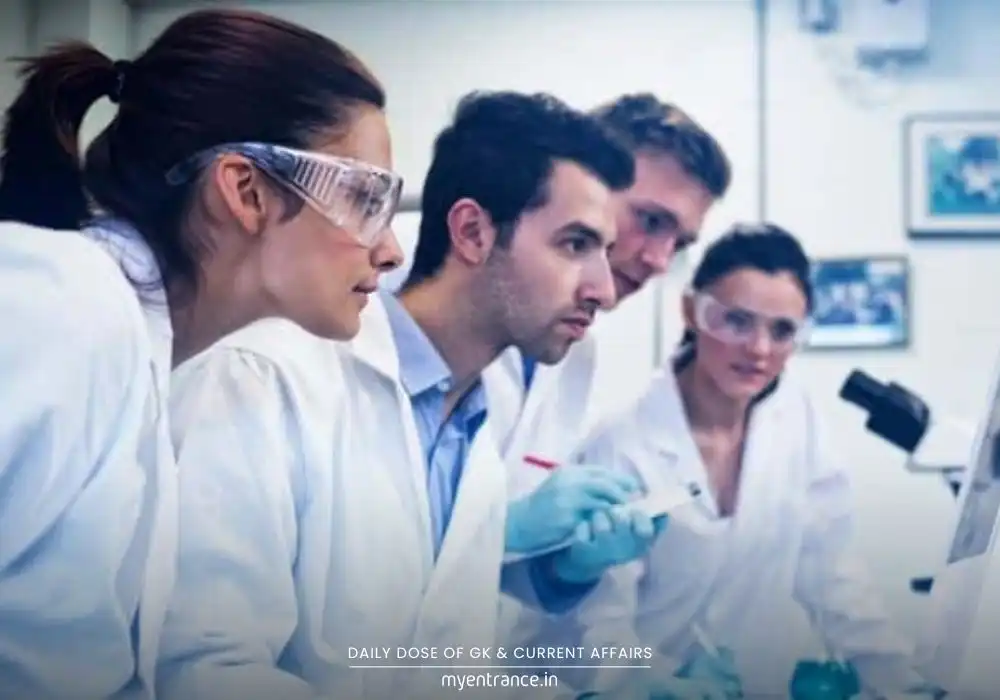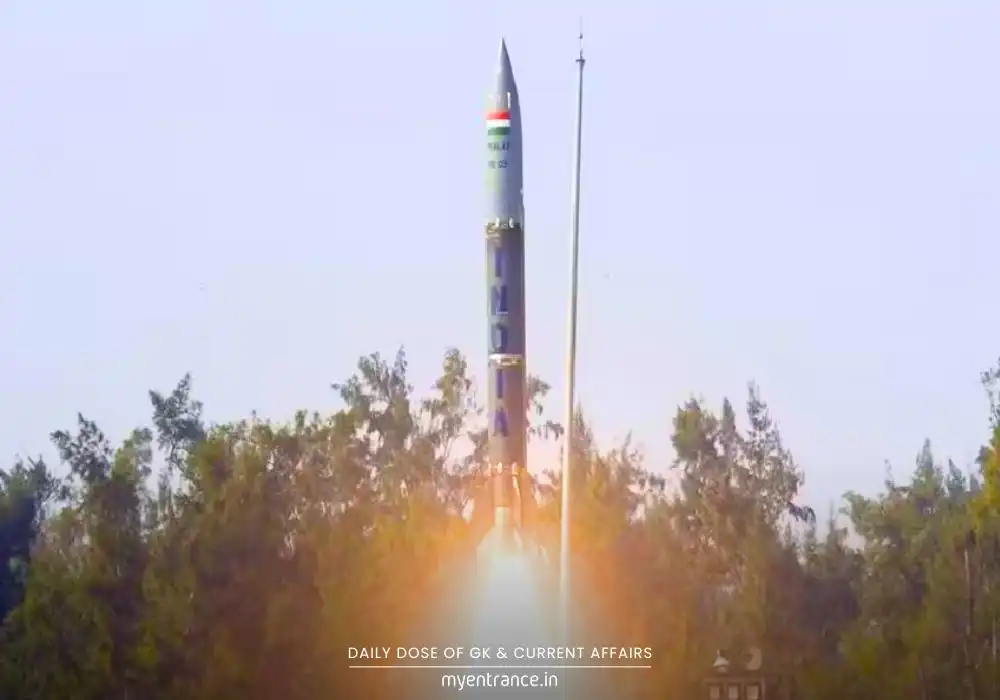Translate Language
India’s Genetically Modified Import Decision Unpacked: Food Sovereignty vs Trade
India’s principled stand against importing US genetically modified crops has become a pivotal trade negotiation issue. This decision reflects deep concerns about farmer livelihoods, environmental safety, and food sovereignty. Understanding this development is crucial for aspirants tackling current affairs in UPSC, PSC, and SSC exams.

India is holding firm against US demands to open its markets to genetically modified (GM) farm products like corn and soya during ongoing trade negotiations. A source close to the talks revealed the government considers this a non-negotiable “matter of principle,” stating plainly: “We can’t import GM.” This resistance highlights agriculture as a key friction point, with the US Trade Representative (USTR) repeatedly criticizing import restrictions as discriminatory.
Key aspects of India’s GM landscape include:
Strict regulatory controls permitting only Bt cotton for cultivation since 2002
Zero approval for commercial GM food crops despite ongoing research trials
Conditional allowance for GM soybean and canola oil imports
Persistent concerns about opaque approval processes cited in USTR reports
Scientific and environmental debates intensify this standoff. A 2013 ENSSER report questioned industry-funded GM safety studies, noting scarce independent long-term research. Think tank GTRI warns of ecological ripple effects—like Bt cotton’s unintended consequence of creating herbicide-resistant “superweeds” and harming non-target species like butterflies. Crucially, contamination risks loom large: accidental GM material mixing during transport could jeopardize India’s exports to GM-averse markets like the EU.
The trade deadlock reveals competing priorities. While India seeks better access for textiles and leather in US markets, America pushes aggressively for entry into India’s massive farm sector—a challenging proposition given 86% of Indian farmers operate on less than 2 hectares. The US demand to dismantle GM regulations further complicates talks, especially when contrasted with gene editing (precision changes within species) that scientists consider distinct from transgenic modification (inserting foreign genes).
Why This Matters for Exams:
Current Affairs Relevance: Directly impacts UPSC Prelims (Current Events) and Mains GS-II/III (International Relations & Economy)
Policy Analysis: Illustrates India’s science-based policymaking amid global pressure
Agriculture Economy: Highlights tensions between smallholder farming and industrial agriculture models
Biotechnology Ethics: Tests understanding of GM risks vs benefits—a recurring exam theme
Trade Sovereignty: Demonstrates how nations balance economic interests with domestic priorities
Sample Questions & Answers:
Q1: Which is the only GM crop currently approved for cultivation in India?
A: Bt cotton remains the sole commercially approved GM crop in India since 2002.
Q2: What major environmental concern did GTRI associate with GM crops?
A: GTRI highlighted risks like pest resistance (e.g., pink bollworm in Bt cotton) and collateral damage to non-target species like monarch butterflies.
Q3: How does gene editing differ from genetic modification according to experts?
A: Gene editing involves precise tweaks within a species’ existing DNA, while GM introduces foreign genes from unrelated organisms—a key technical and ethical distinction.
Q4: Why does the USTR criticize India’s GM regulatory framework?
A: USTR claims India’s approval process is “slow, opaque, and politically influenced” rather than science-driven.
Q5: What contamination risk might GM imports pose for India?
A: Accidental mixing during supply chains could compromise non-GM farming systems, food safety standards, and exports to GM-sensitive markets like Europe.
Get 3 Months Free Access for SSC, PSC, NIFT & NID
Boost your exam prep!
Use offer code WELCOME28 to get 3 months free subscription. Start preparing today!















